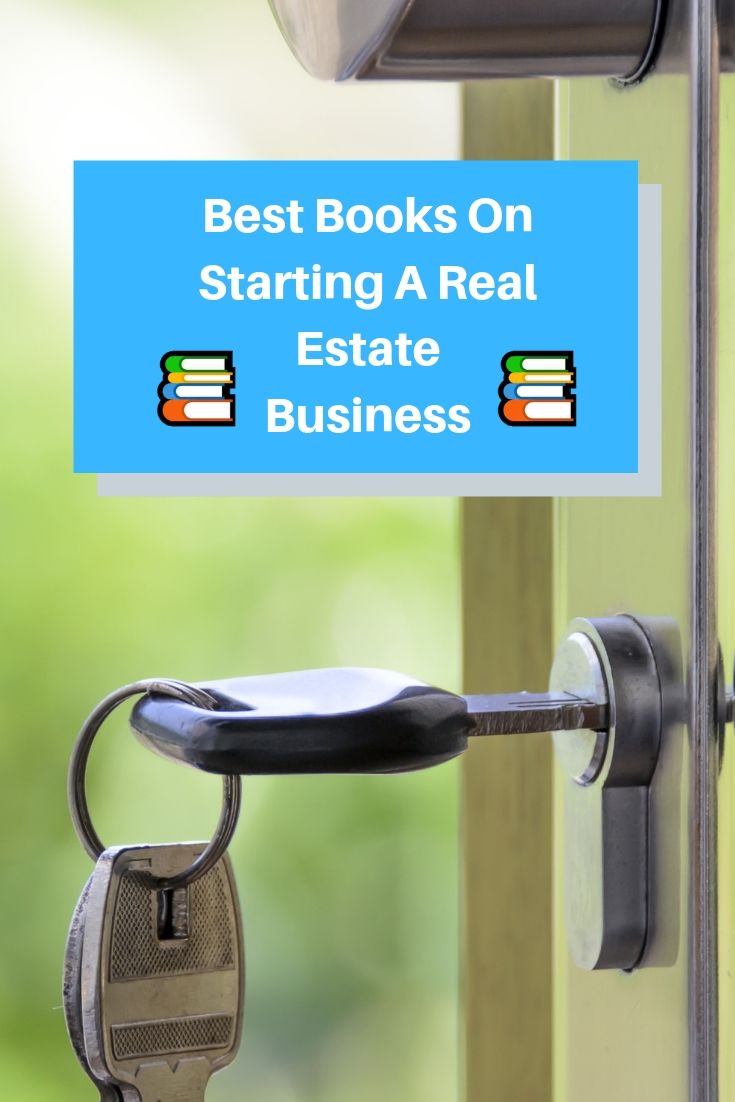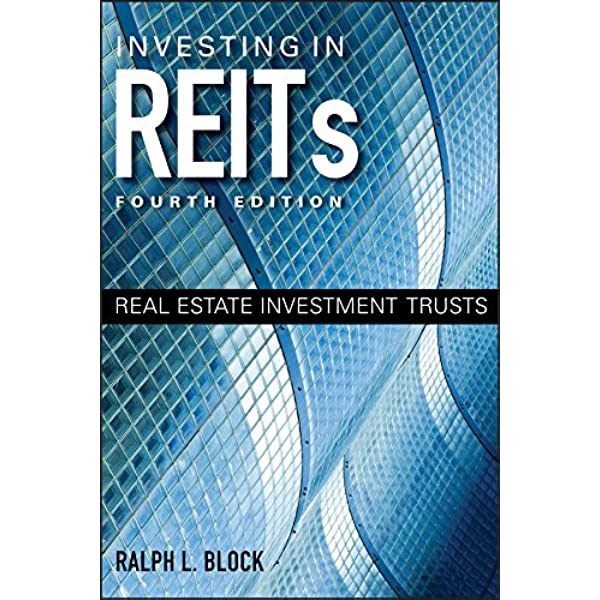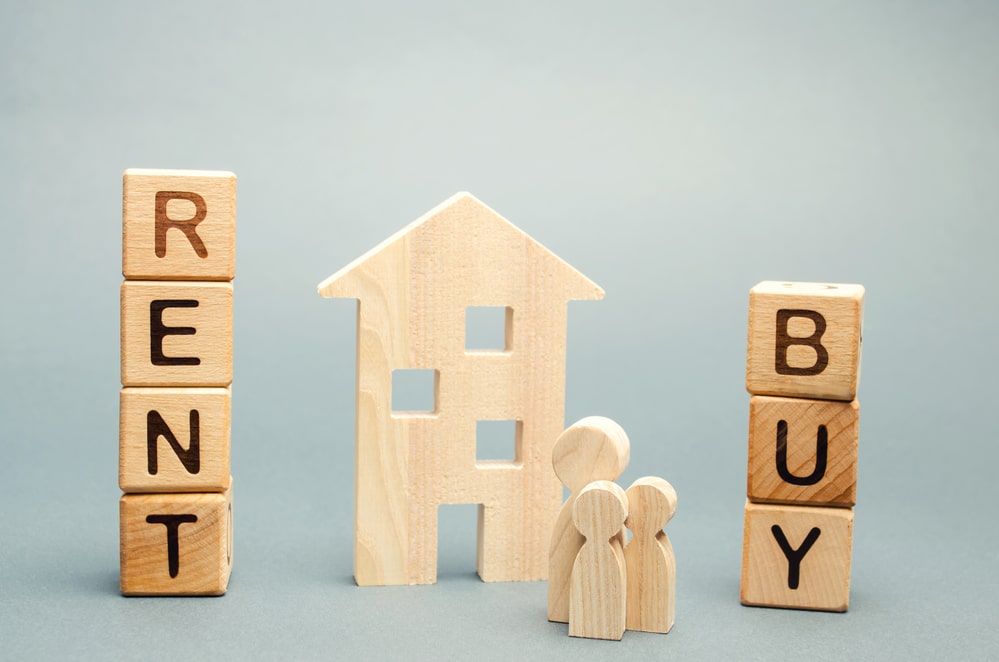
Real estate certifications are a way for brokers and agents to gain the necessary skills and knowledge to succeed in the field. They allow agents and brokers to be more competitive and help them grow their businesses. There are many real estate designations, but you need to choose the one that is most appropriate for your professional goals and level of experience.
Real Estate Accreditation / RAA: Agents who have earned the RAA credential have completed an accredited course and have proven their proficiency in dealing with clients and resolving issues that might arise during the home-buying process. They also demonstrate an ethical and professional commitment.
CRB Designation / Certified Realestate Brokerage Manager (CRB). The CRB designation is a top choice for experienced professionals in real estate who manage a brokerage. Having the CRB designation shows that you have a solid understanding of business operations and a willingness to stay on top of trends in the industry. The certification has been around since 1968, and it's a recognized mark of professionalism in the industry.

SRES / Senior Estate Specialist: This NAR affiliate certificate provides real estate professionals with the tools, training, and certification to work with clients over 60 who are looking to sell or buy their home. These clients could be downsizing or moving closer with their families. SRES certification allows you to better address their needs by providing valuable resources, education, and referrals in real estate.
Green Designation / GREEN: Through the NAR's Green Designation program, you can become an expert in identifying, understanding, and marketing properties that are environmentally friendly or have other green features. Use your knowledge to help buyers locate and buy green properties that are more cost-effective, efficient, and sustainable.
AHWD / At home with diversity: NAR's AHWD certification gives real estate agents a framework to win the trust of sellers and buyers from diverse backgrounds. This certification teaches you how to operate in multilingual markets and can help you better serve your clients.
Pricing Strategy Advisor / PSA: Graduates of this certification have a deeper understanding of creating CMAs and working with appraisers. They also learn how to negotiate a property's sales price and how to advocate for clients.

This certification is only for resort and second-home properties specialists. This designation gives you access to information on market trends and homebuyer concerns.
LHC - Luxury Homes Certification: This designation is intended for real estate agents who are interested in the fast growing luxury market. This program offers many courses that will help you become an expert in this market.
Short Sales & Closure Resource / SFR. Graduates of the SFR Program are experienced in working with distressed buyers, lenders, and other professionals that can help them with short-sale transactions. They also have an understanding of how to negotiate with lenders, limit risk, and protect buyers from fraud.
FAQ
How do I fix my roof
Roofs can leak due to age, wear, improper maintenance, or weather issues. Repairs and replacements of minor nature can be made by roofing contractors. Contact us for further information.
Can I get a second loan?
Yes, but it's advisable to consult a professional when deciding whether or not to obtain one. A second mortgage is often used to consolidate existing loans or to finance home improvement projects.
What is a reverse mortgage?
A reverse mortgage allows you to borrow money from your house without having to sell any of the equity. It allows you access to your home equity and allow you to live there while drawing down money. There are two types: conventional and government-insured (FHA). If you take out a conventional reverse mortgage, the principal amount borrowed must be repaid along with an origination cost. FHA insurance covers the repayment.
Statistics
- Some experts hypothesize that rates will hit five percent by the second half of 2018, but there has been no official confirmation one way or the other. (fortunebuilders.com)
- Private mortgage insurance may be required for conventional loans when the borrower puts less than 20% down.4 FHA loans are mortgage loans issued by private lenders and backed by the federal government. (investopedia.com)
- It's possible to get approved for an FHA loan with a credit score as low as 580 and a down payment of 3.5% or a credit score as low as 500 and a 10% down payment.5 Specialty mortgage loans are loans that don't fit into the conventional or FHA loan categories. (investopedia.com)
- 10 years ago, homeownership was nearly 70%. (fortunebuilders.com)
- Based on your credit scores and other financial details, your lender offers you a 3.5% interest rate on loan. (investopedia.com)
External Links
How To
How to Manage a Property Rental
It can be a great way for you to make extra income, but there are many things to consider before you rent your house. We'll show you what to consider when deciding whether to rent your home and give you tips on managing a rental property.
Here are some things you should know if you're thinking of renting your house.
-
What factors should I first consider? Consider your finances before you decide whether to rent out your house. If you are in debt, such as mortgage or credit card payments, it may be difficult to pay another person to live in your home while on vacation. It is also important to review your budget. If you don't have enough money for your monthly expenses (rental, utilities, and insurance), it may be worth looking into your options. ), it might not be worth it.
-
How much does it cost to rent my home? The cost of renting your home depends on many factors. These factors include location, size, condition, features, season, and so forth. It's important to remember that prices vary depending on where you live, so don't expect to get the same rate everywhere. Rightmove has found that the average rent price for a London one-bedroom apartment is PS1,400 per mo. This means that if you rent out your entire home, you'd earn around PS2,800 a year. That's not bad, but if you only wanted to let part of your home, you could probably earn significantly less.
-
Is this worth it? There are always risks when you do something new. However, it can bring in additional income. It is important to understand your rights and responsibilities before signing anything. Renting your home won't just mean spending more time away from your family; you'll also need to keep up with maintenance costs, pay for repairs and keep the place clean. Make sure you've thought through these issues carefully before signing up!
-
What are the benefits? There are benefits to renting your home. Renting your home is a great way to get out of the grind and enjoy some peace from your day. No matter what your choice, renting is likely to be more rewarding than working every single day. If you plan ahead, rent could be your full-time job.
-
How do I find tenants Once you decide that you want to rent out your property, it is important to properly market it. Make sure to list your property online via websites such as Rightmove. Once you receive contact from potential tenants, it's time to set up an interview. This will help you evaluate their suitability as well as ensure that they are financially secure enough to live in your home.
-
How can I make sure I'm covered? If you're worried about leaving your home empty, you'll need to ensure you're fully protected against damage, theft, or fire. You will need to insure the home through your landlord, or directly with an insurer. Your landlord will often require you to add them to your policy as an additional insured. This means that they'll pay for damages to your property while you're not there. This doesn't apply to if you live abroad or if the landlord isn’t registered with UK insurances. In these cases, you'll need an international insurer to register.
-
You might feel like you can't afford to spend all day looking for tenants, especially if you work outside the home. You must put your best foot forward when advertising property. Post ads online and create a professional-looking site. Also, you will need to complete an application form and provide references. While some people prefer to handle everything themselves, others hire agents who can take care of most of the legwork. Interviews will require you to be prepared for any questions.
-
What do I do when I find my tenant. If there is a lease, you will need to inform the tenant about any changes such as moving dates. You can negotiate details such as the deposit and length of stay. Keep in mind that you will still be responsible for paying utilities and other costs once your tenancy ends.
-
How do I collect rent? When the time comes for you to collect the rent you need to make sure that your tenant has been paying their rent. If not, you'll need to remind them of their obligations. You can subtract any outstanding rent payments before sending them a final check. If you're having difficulty getting hold of your tenant you can always call police. They will not usually evict someone unless they have a breached the contract. But, they can issue a warrant if necessary.
-
What can I do to avoid problems? While renting out your home can be lucrative, it's important to keep yourself safe. You should install smoke alarms and carbon Monoxide detectors. Security cameras are also a good idea. It is important to check that your neighbors allow you leave your property unlocked at nights and that you have sufficient insurance. Finally, you should never let strangers into your house, even if they say they're moving in next door.